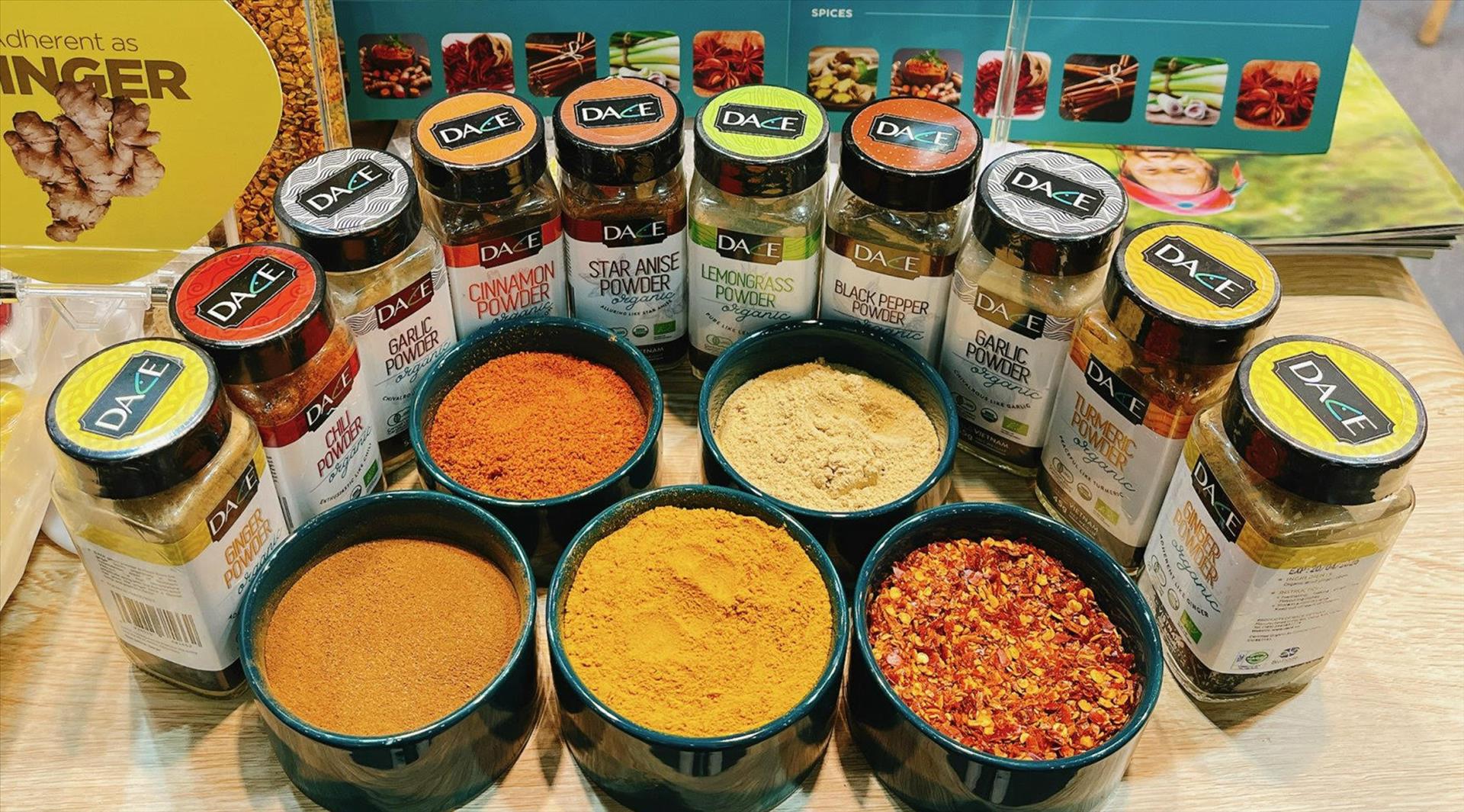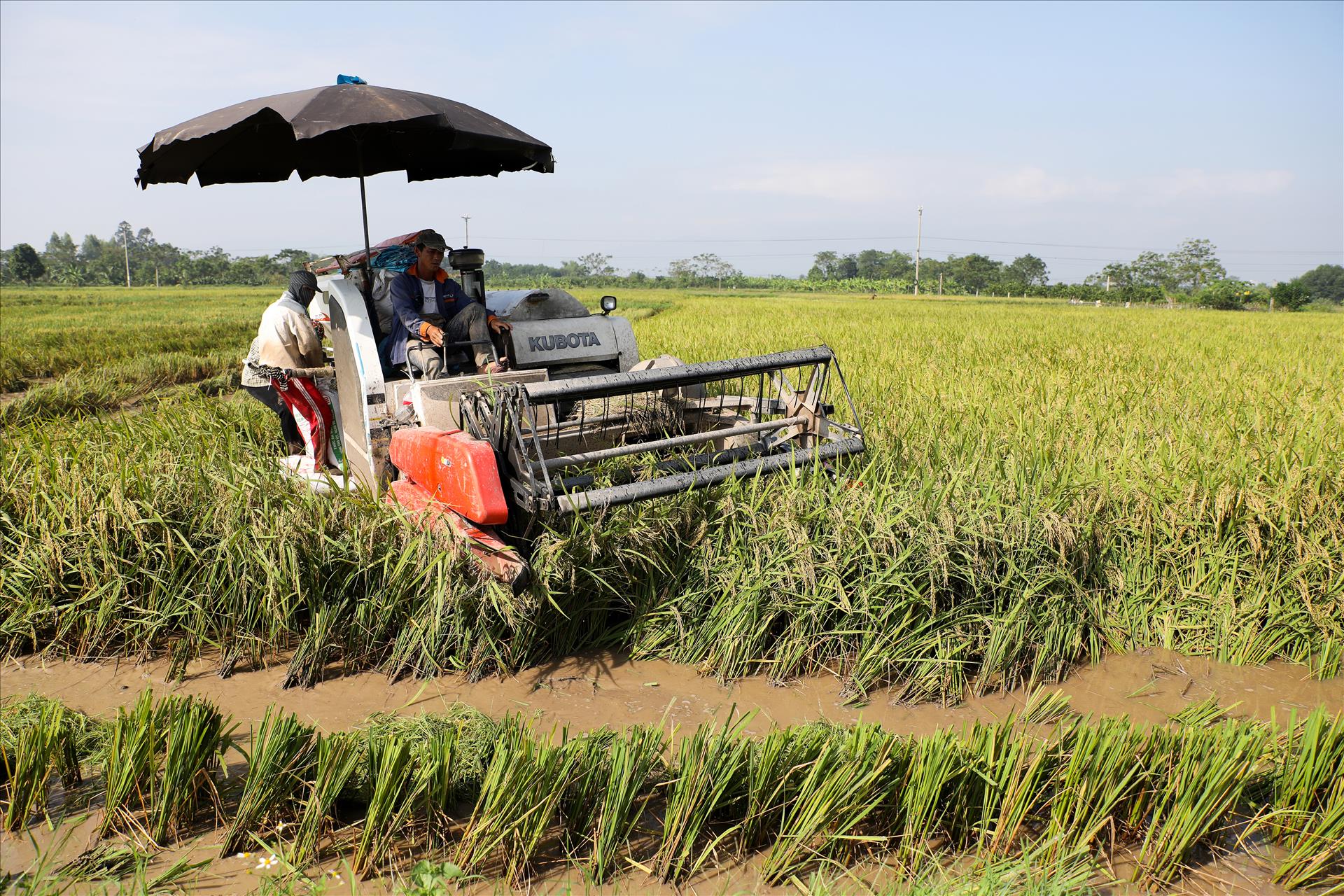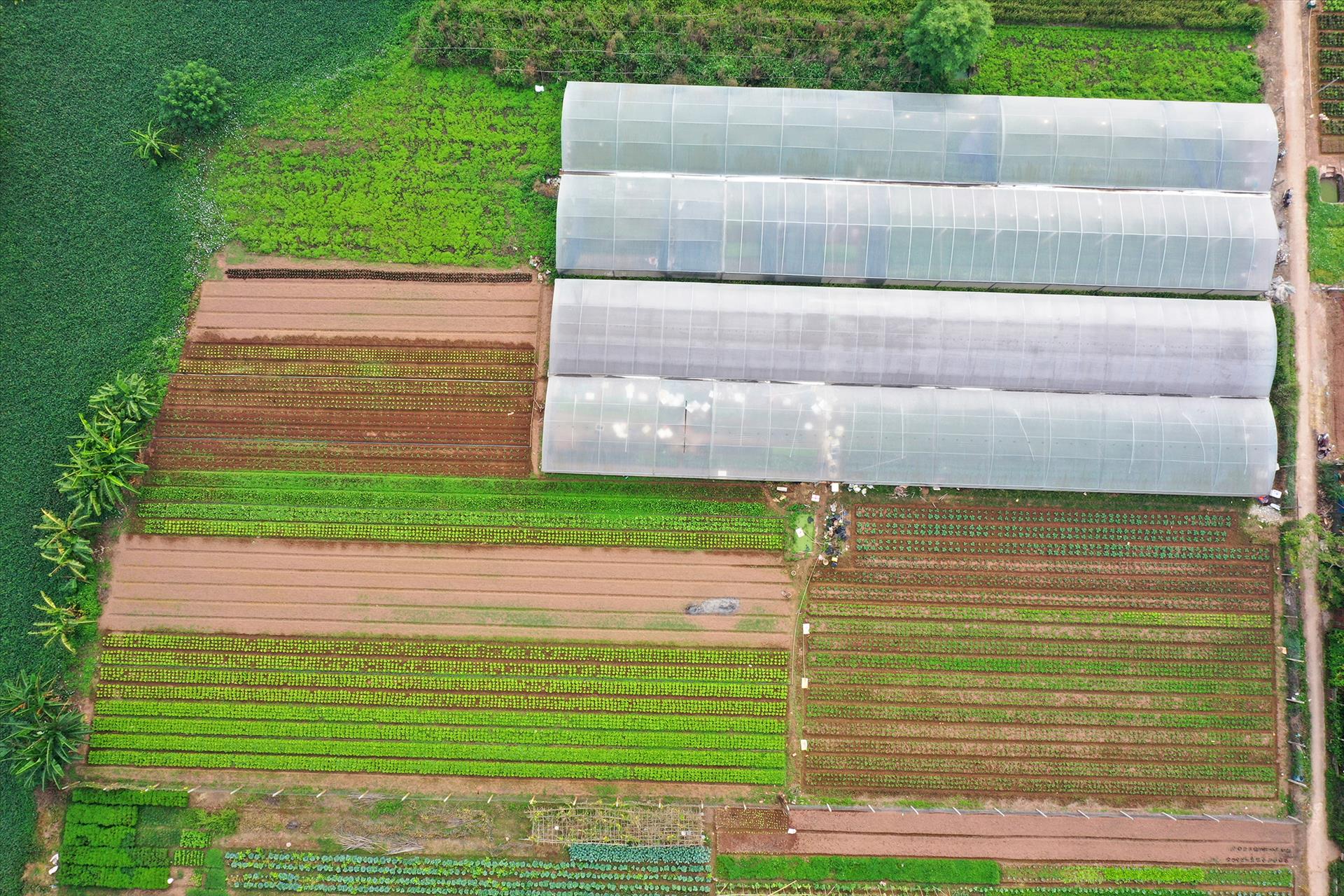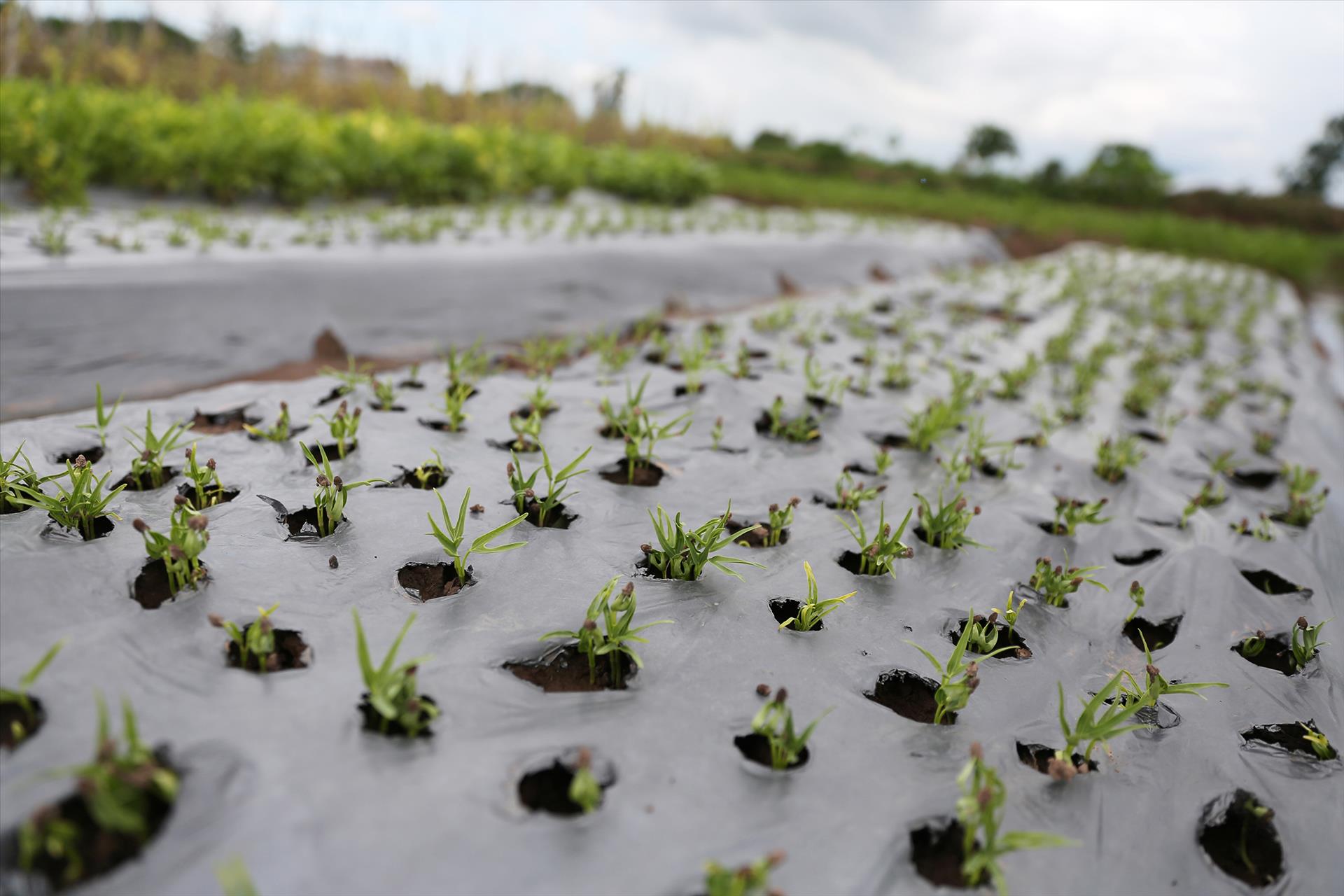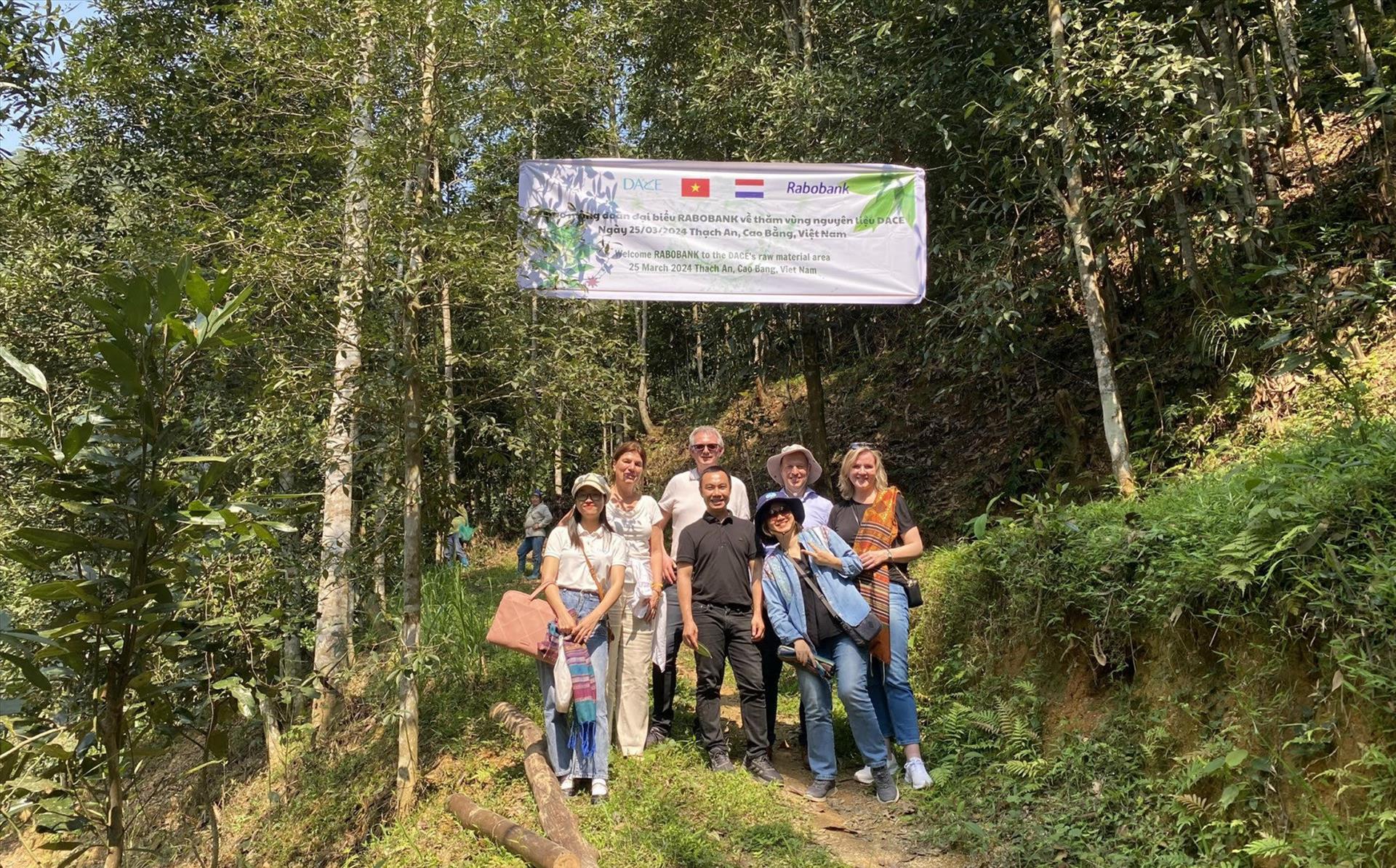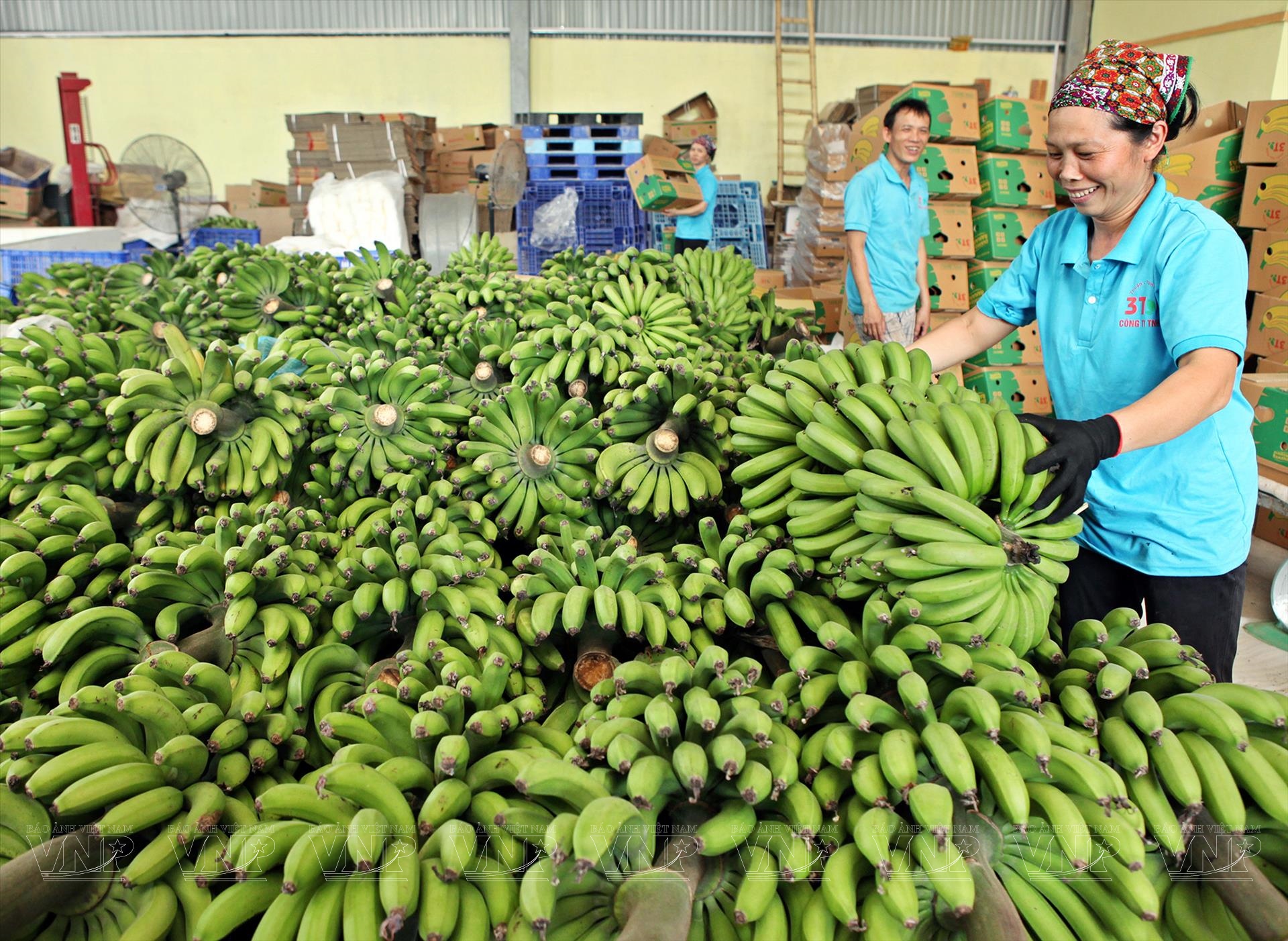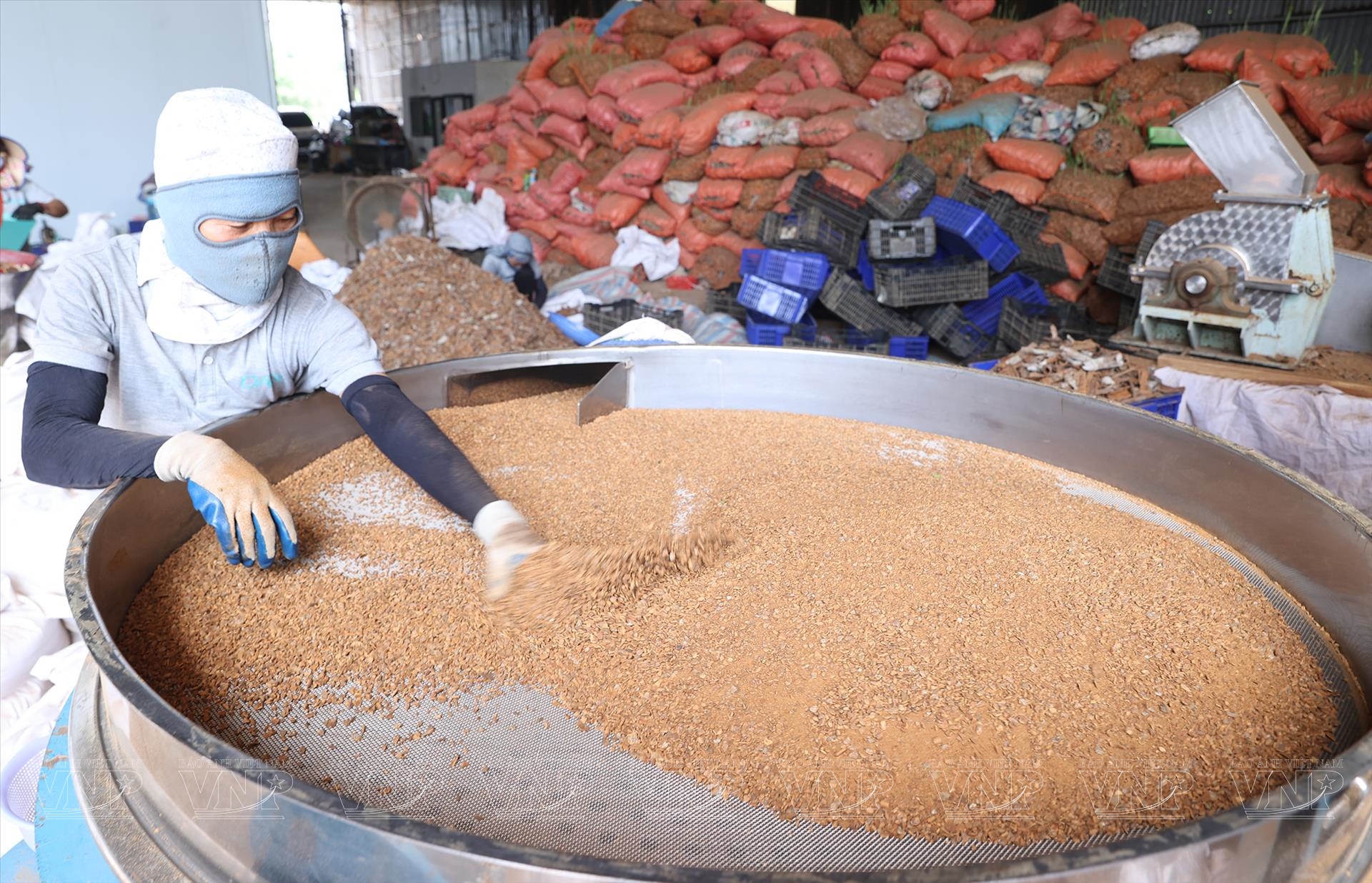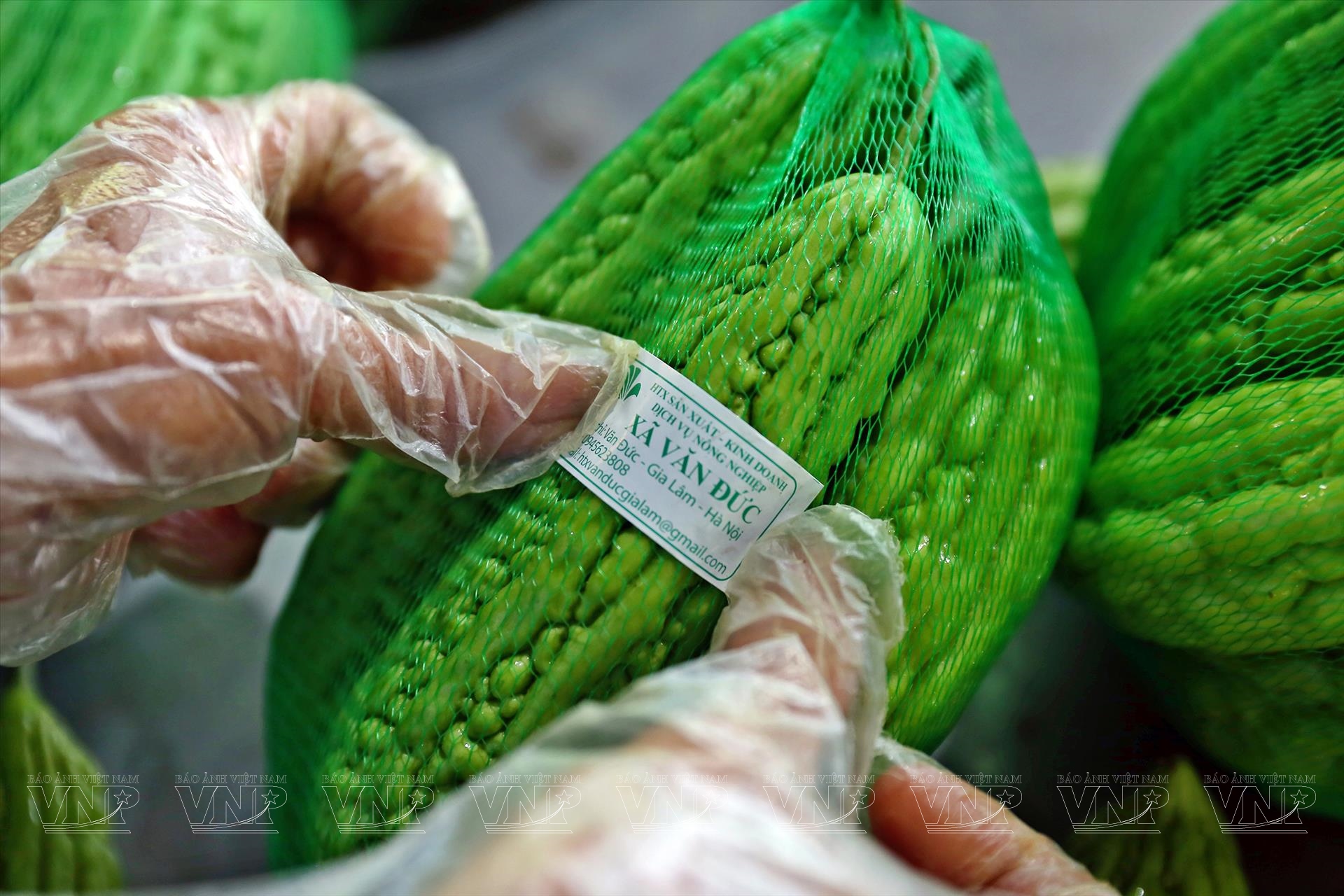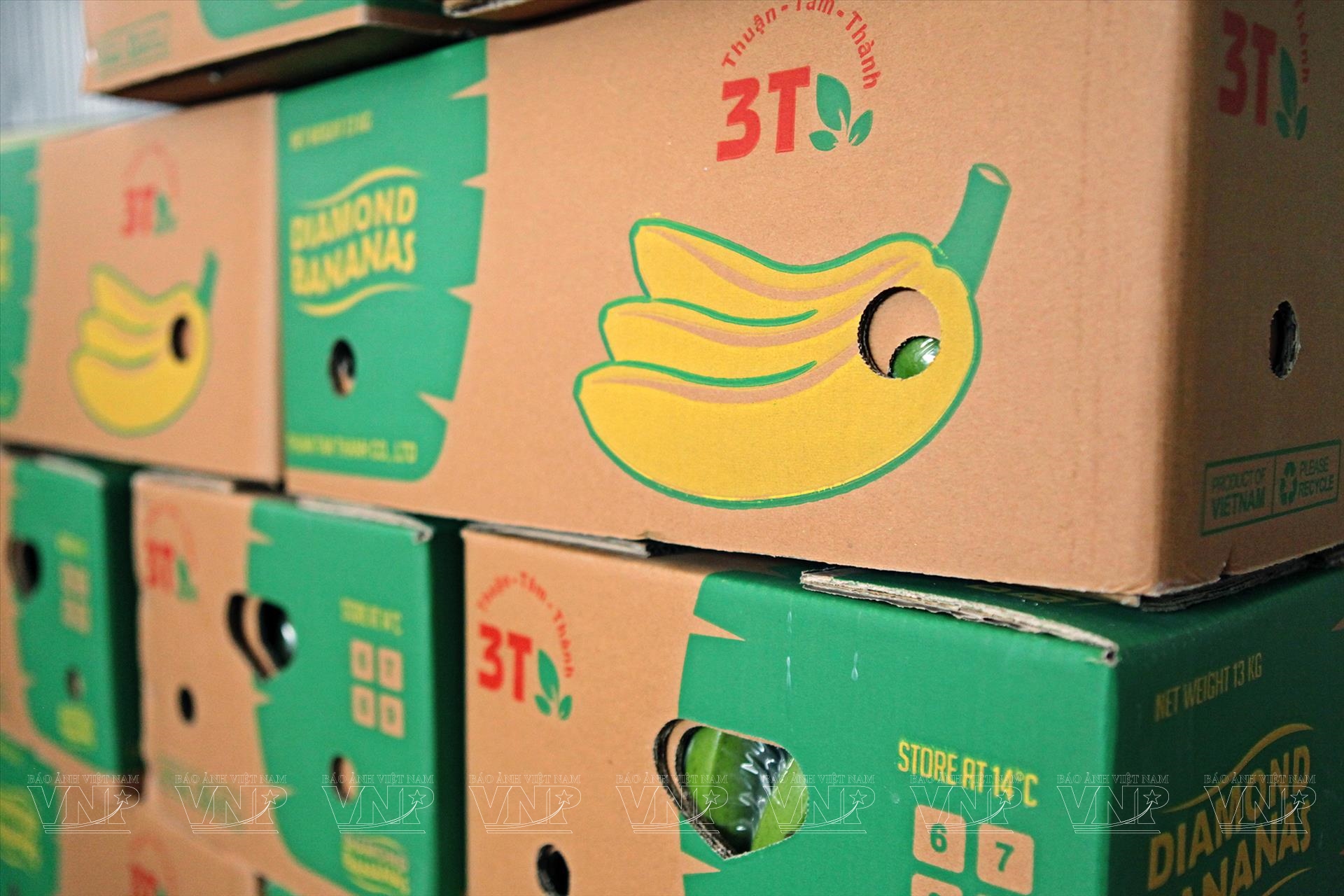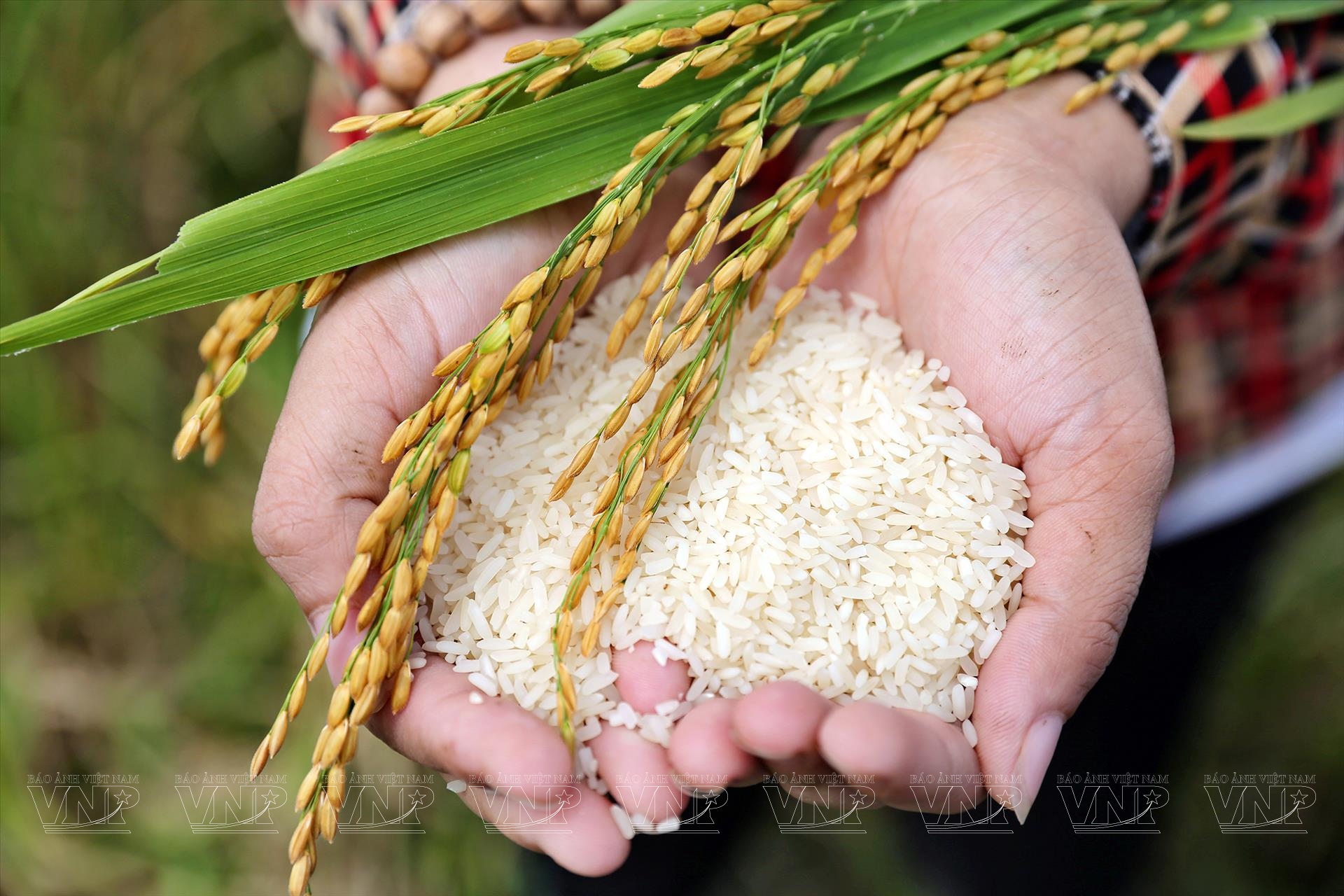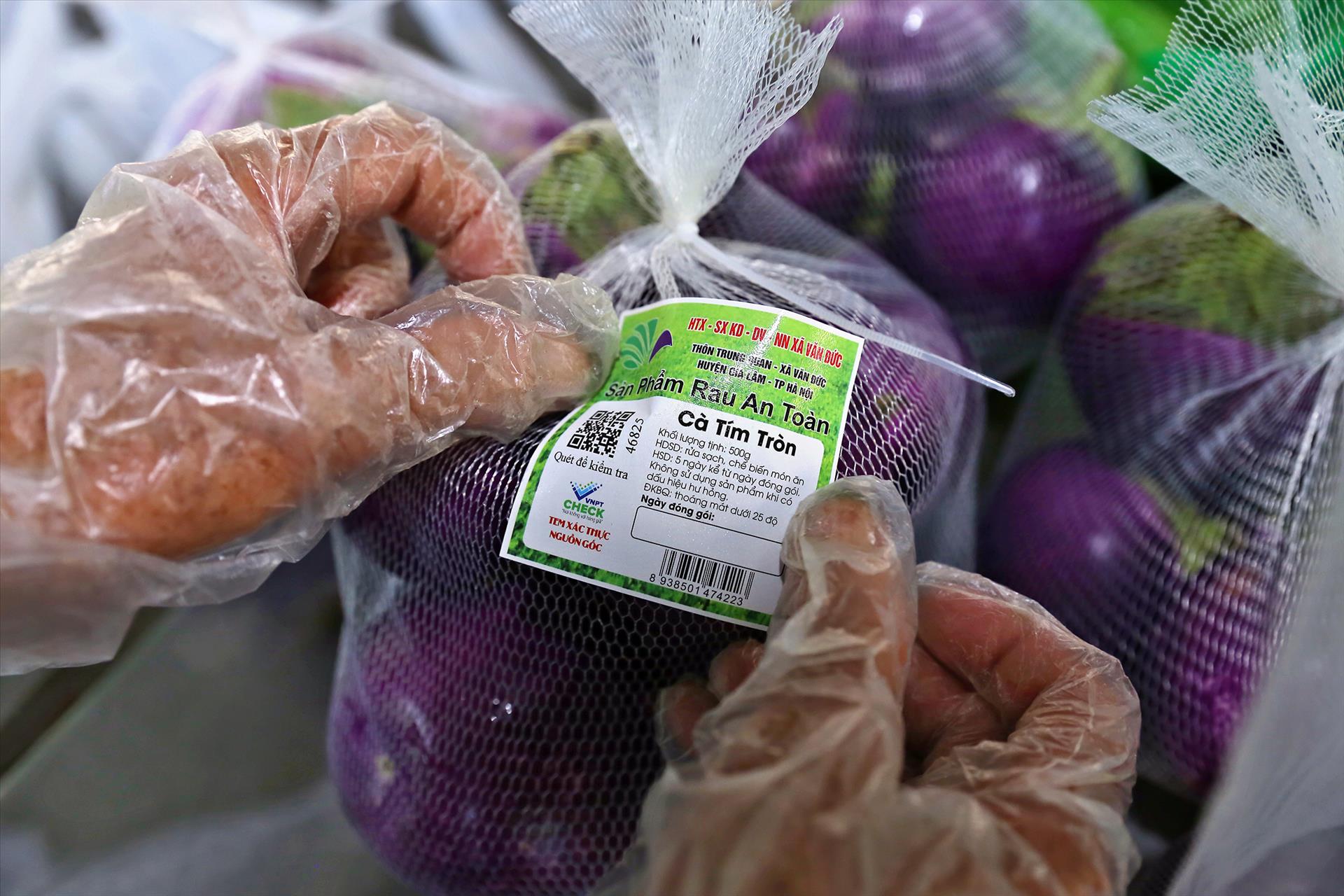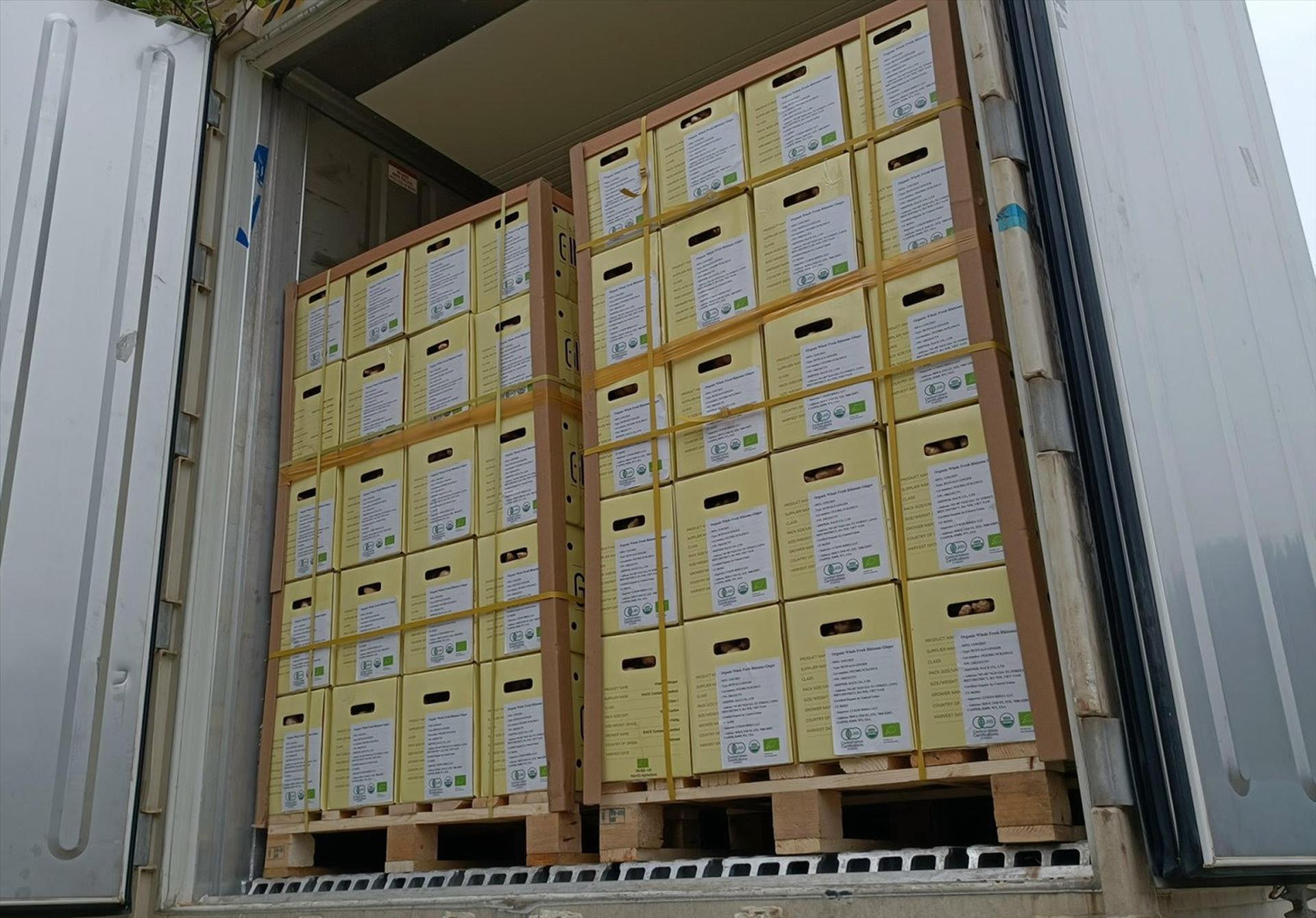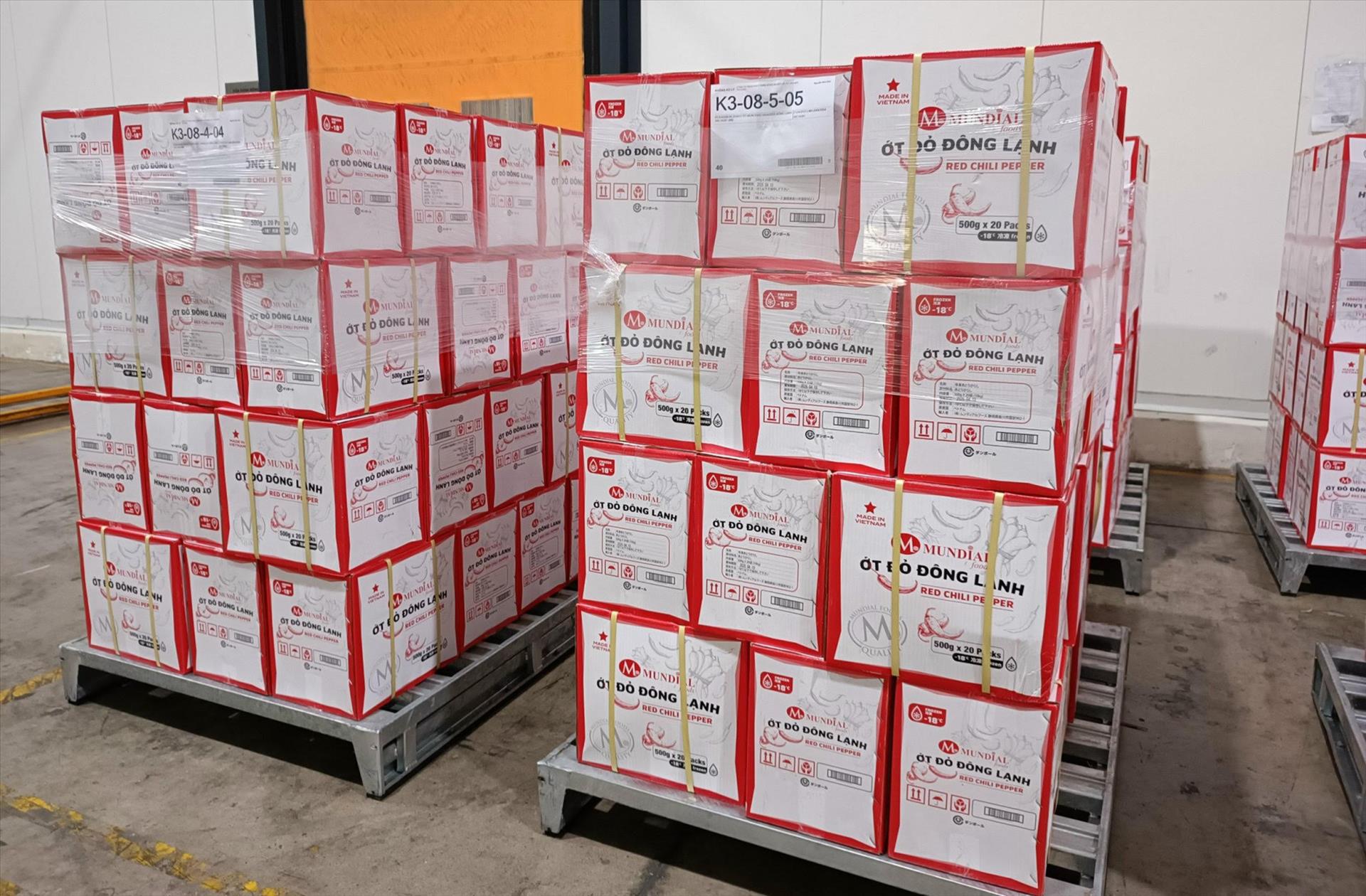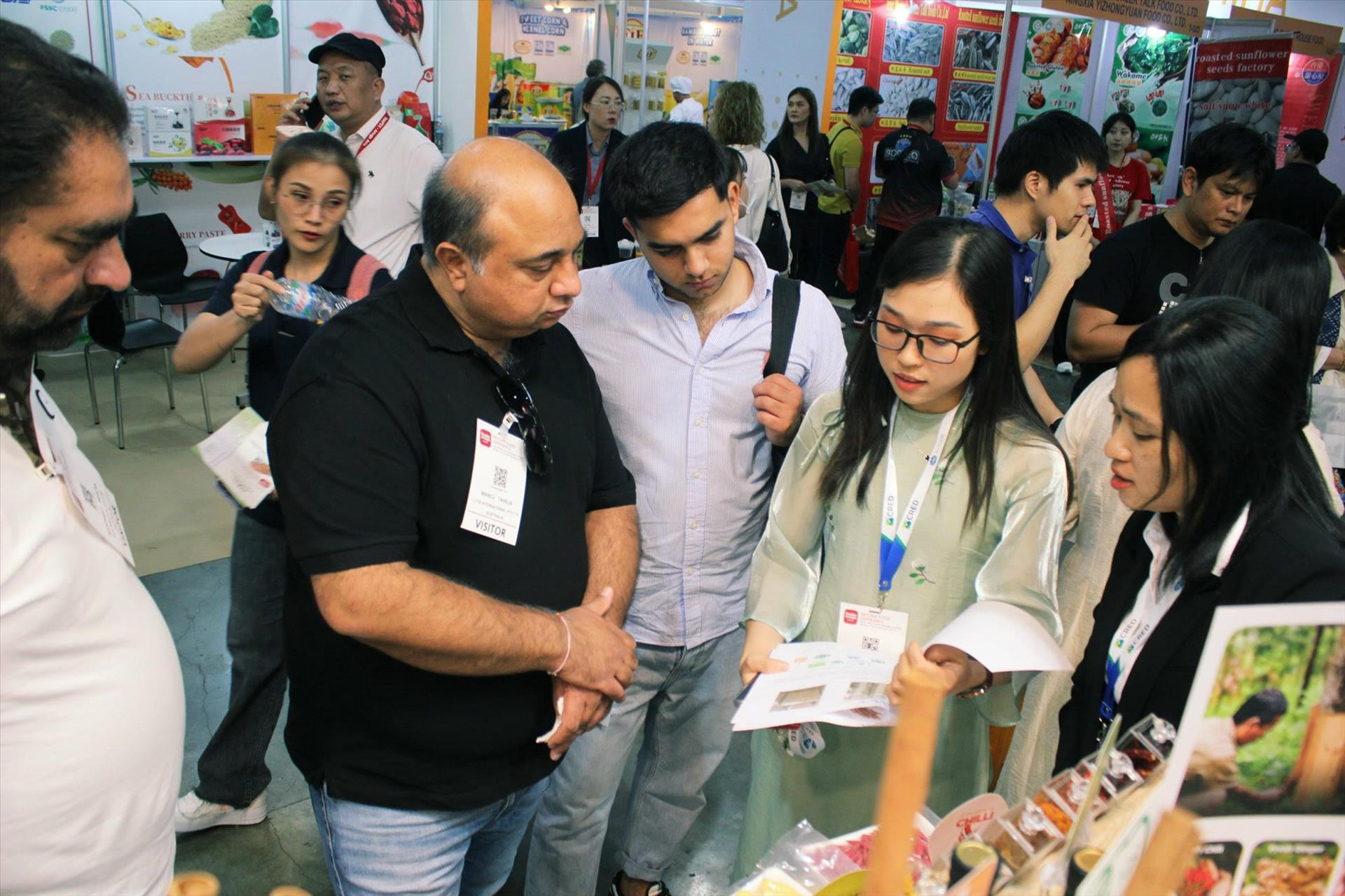Hanoi Exports Agricultural Products
To meet the growing demand from export markets, Hanoi has developed certified planting areas with production codes to ensure product origin and provenance. The city has also established supply chains for key agricultural products to meet export standards.
Hanoi has a large agricultural production area and many product groups suitable for export-scale production. Currently, Hanoi's main exported agricultural products are cinnamon, star anise, spices (garlic, ginger, chili), green tea, black tea, rice, shiitake mushrooms, and wood ear mushrooms. Hanoi has about 70 enterprises exporting agricultural products to the East Asian market, which is also Hanoi's main export market. In addition, Hanoi's agricultural products are also exported to the European, American, South Asian, Southeast Asian, and Middle Eastern markets. In 2023, agricultural exports brought in over 1.35 billion US dollars for Hanoi Agriculture. This is an impressive figure considering the challenges facing Hanoi Agriculture.
According to Nguyen Thi Thu Hang, Director of the Hanoi Sub-Department of Quality, Processing and Market Development, the city currently has over 13,000 establishments producing and trading agricultural, forestry, and fishery products, including over 1,700 processing plants and over 250 agricultural and fishery processing enterprises. The city has been granted 16 production codes for fruit trees and four packing facilities with a capacity of 30-50tons/day/facility for export, of which eight codes are granted for banana growing areas and eight codes are granted for longan growing areas.
Hanoi has been and is closely coordinating with 43 provinces and cities to maintain and support the development of 926 safe food supply chains, connecting the city's export enterprises with production chains in many localities, marking active and proactive cooperation. Hanoi currently has a number of high-quality agricultural products exported to countries such as the US (Dai Thanh late longan), Germany (Dong Phu organic rice), South Korea (Van Duc safe vegetables) and China (Pink Cavendish banana). In addition, Hanoi also has many agricultural products with export potential such as rice (about 7,000ha of Japonica rice), safe vegetables (over 5,000ha), organic vegetables (over 50ha) and many high-quality processed products.
Pham Thi Bich Thuy, Director of Agricultural Development and Environmental Consulting Co., Ltd., said that the company specializes in processing organic spice products like ginger, turmeric, cinnamon, star anise, garlic, chiliand lemongrass. The company's two main raw material regions are Cao Bang and Ha Giang. In recent years, Hanoi has supported the Agricultural Development and Environmental Consulting Co., Ltd., to raise the strengths and preferences in Free Trade Agreements (FTAs) such as the Comprehensive and Progressive Agreement for Trans-Pacific Partnership (CPTPP), the EU-Vietnam Free Trade Agreement (EVFTA), and a number of new commitments with the UK and the UAE to promote exported goods. Currently, the company produces an average of 300tons of dried cinnamon, 200tons of dried star anise, 500tons of fresh ginger, 100tons of dried turmeric, and 200tons of fresh bird's eye chili each year. These products are mainly exported to the US, some European countries, South Korea, Japan, Russia and Australia.
Nguyen Van Minh, Director of Van Duc Agricultural Production and Service Cooperative (Gia Lam District) said that the cooperative has 220ha of safe vegetables, of which nearly 27ha are produced according to VietGAP standards. Currently, in addition to supplying supermarkets, wholesale markets, and neighboring provinces, the cooperative also exports over 300tons of safe vegetables/year to the Taiwanese and Korean markets. The same VietGAP standard water spinach, if sold at supermarkets in Hanoi, is only priced at about 15,000 dong/bunch (about 0.6 US dollars) but when exported to South Korea, it is priced at up to 52,000 dong/bunch (about 2,880 won, 2.05 US dollars).
According to Nguyen Dinh Hoa, Deputy Director of the Hanoi Department of Agriculture and Rural Development, the Hanoi Agriculture sector will continue to advise and propose to the city to adjust, supplement, and promulgate new mechanisms and policies to promote agricultural exports, especially key agricultural products; strengthen training for businesses, production and trading establishments of agriculture, forestry and fishery on regulations to ensure quality, food safety and control of imported-exported food. The Hanoi Agriculture sector will also strengthen the dissemination of trade agreements and import conditions of countries to improve production capacity and agricultural product quality. At the same time, they will organize connection, trade promotion, product promotion abroad as an important part of Hanoi's agricultural export strategy.
Nguyen Manh Quyen, Vice Chairman of the Hanoi People's Committee, said that to boost agricultural production and exports, Hanoi's agricultural sector must become a leading light nationwide in terms of technology and processing. Hanoi needs to become a hub for agricultural processing and transportation. Hanoi's agriculture should connect with other provinces and cities based on international standards to serve domestic consumption and promote exports./.
Story: Hoang Ha Photos: Hoang Ha, Cong Dat, Thanh Giang/VNP & Anh Nguyet Translated by Hong Hanh
